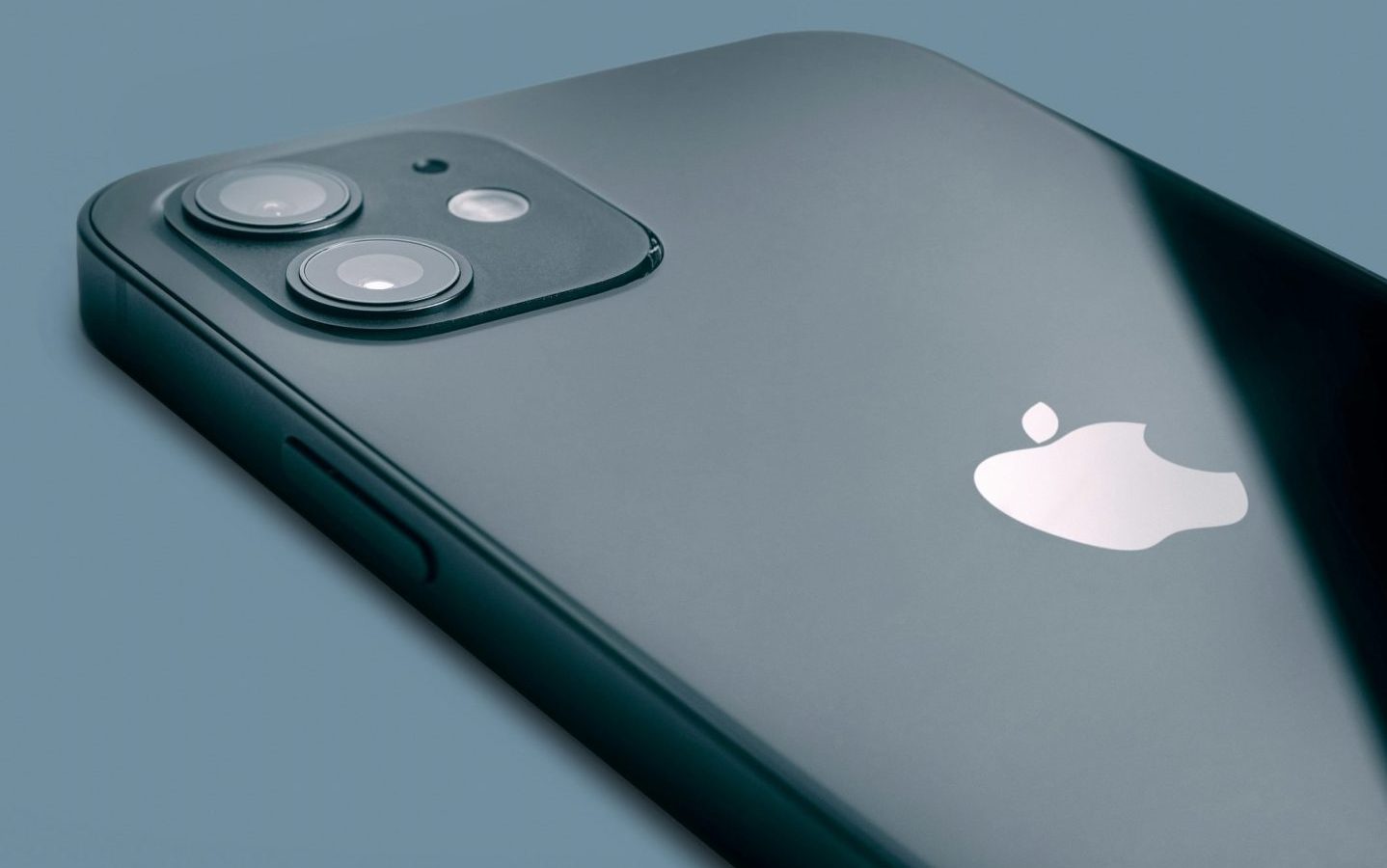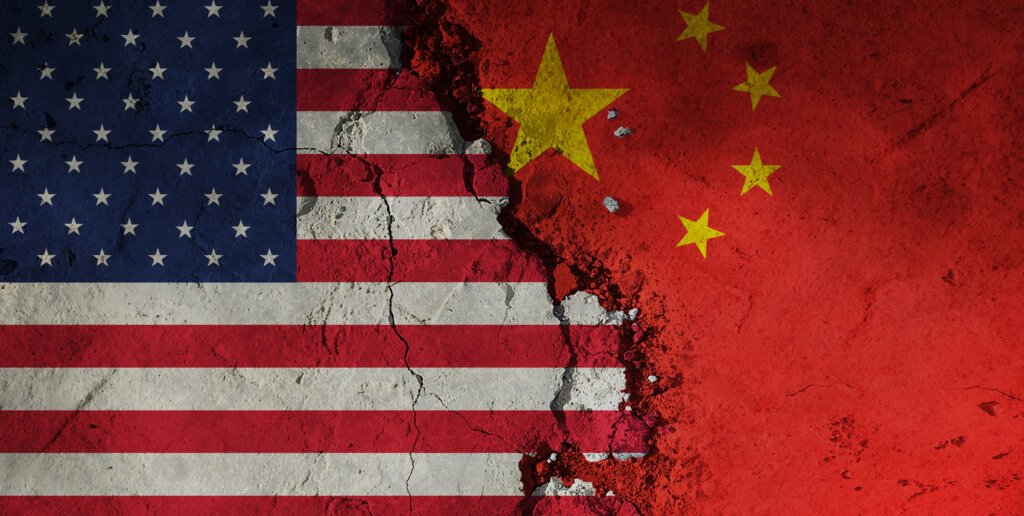- Apple’s iPhone 17 Air may face delays in China.
- China’s eSIM system still in testing, limited carrier support.
Apple’s thinnest iPhone may take longer to reach Chinese consumers as the country’s eSIM system is not yet ready for nationwide launch. The setback could delay availability of the iPhone 17 Air, a model expected to debut this month alongside the rest of the iPhone 17 lineup, according to the South China Morning Post.
At two Apple-authorised resellers in Foshan, Guangdong province, shop assistants said they had not received training on how to support eSIM. By comparison, Apple resellers in the European Union were asked to complete an eSIM training course by last week, MacRumors reported. The difference highlights how China may not be ready to match the iPhone’s global rollout schedule.
On Chinese social media, concerns about delays are gaining traction. Tech influencer Fixed Focus Digital, who has 2.3 million Weibo followers, said Wednesday that eSIM services in mainland China were “unlikely” to go live this month. He pointed out that mass production of the slimmer model, thought to be called the iPhone 17 Air, began later than the standard iPhone 17, the iPhone 17 Pro, and the iPhone 17 Pro Max. He also downplayed the impact, saying that later availability “isn’t problematic.”
Apple is still expected to reveal the iPhone 17 series on September 9, an event that typically draws global attention and sets the tone for the company’s holiday season sales.
China carriers send mixed signals on iPhone eSIM rollout
Hints of preparation have emerged from China Unicom, one of the country’s three state-owned telecom operators. Weibo user ChillsYaya wrote last week that the carrier had told staff to offer eSIM support for Apple devices. But it was unclear if the directive covered smartphones, since China Unicom already supports eSIM for iPads and Apple Watches. Neither Apple nor China Unicom responded to requests for comment on Wednesday.
In July, China Unicom updated its “5G AI terminal white paper” with eSIM phone specifications, a move seen as preparation for future iPhone support in China. Around the same time, users discovered a beta webpage for eSIM activation, though it only pointed customers to offline stores and gave no clear details on locations.
China’s three major carriers – China Unicom, China Telecom, and China Mobile – have been cautious about smartphone eSIM services. According to a July report from the state-backed China Business Journal, the operators have focused their eSIM development on wearables for now, while smartphone integration remains on hold.
Broader competition on thin designs
The eSIM issue in China extends beyond Apple’s iPhone. Rival smartphone makers are also working on thinner devices that rely on eSIM technology. Xiaomi, for example, lists 16 smartphones with eSIM support in overseas markets, suggesting that competition around slimmer hardware is already under way.
Apple’s September event will not just be about this year’s lineup. The company is beginning a three-year refresh cycle for its most important product. Reports suggest that next year may bring Apple’s first foldable iPhone, a move that would follow similar launches by Samsung Electronics and Google.
Siri’s next upgrade
Alongside hardware, Apple is also preparing major software changes.
Bloomberg‘s Mark Gurman reported that Apple is building an AI-powered search feature for Siri, internally known as “World Knowledge Answers,” a change that will affect how future iPhones function in China and elsewhere. The feature would pull information from the web and deliver AI-generated summaries, presented with text, photos, videos, and location details.
To make this work, Apple may have to rely on third-party services. Google is currently the front-runner to provide an AI model – likely from its Gemini family – that would run on Apple’s servers. The two companies reached a “formal agreement” this week for Apple to test Google’s model for Siri summaries, according to the publication.
The planned Siri upgrade is part of Apple’s broader but delayed effort to expand the voice assistant’s functions. The new system is expected to rely on three parts: a planner that interprets user prompts, a search engine that can scan personal data or the internet, and a ‘summariser’ that packages the results in a usable format.
Apple is still considering other partners. While its own AI models are expected to handle personal data searches, the company is evaluating Google’s Gemini and Anthropic’s Claude for tasks like planning.
What’s next for the iPhone in China
Even with the iPhone 17 launch scheduled for next week, the AI-enhanced Siri is not expected to arrive immediately. Bloomberg reported the new features will roll out with iOS 26.4, which could be released as early as March next year.
For Apple, the timing matters. The iPhone remains its most important product in China, where competition from local brands is intense and regulatory conditions are complex. A delay in eSIM readiness may slow adoption of its thinnest model to date, but the company’s long-term plans – including new form factors and AI-powered software – show that it is preparing for more than just one launch cycle.
Want to learn more about AI and big data from industry leaders? Check out AI & Big Data Expo taking place in Amsterdam, California, and London. The comprehensive event is part of TechEx and is co-located with other leading technology events, click here for more information.
AI News is powered by TechForge Media. Explore other upcoming enterprise technology events and webinars here.








